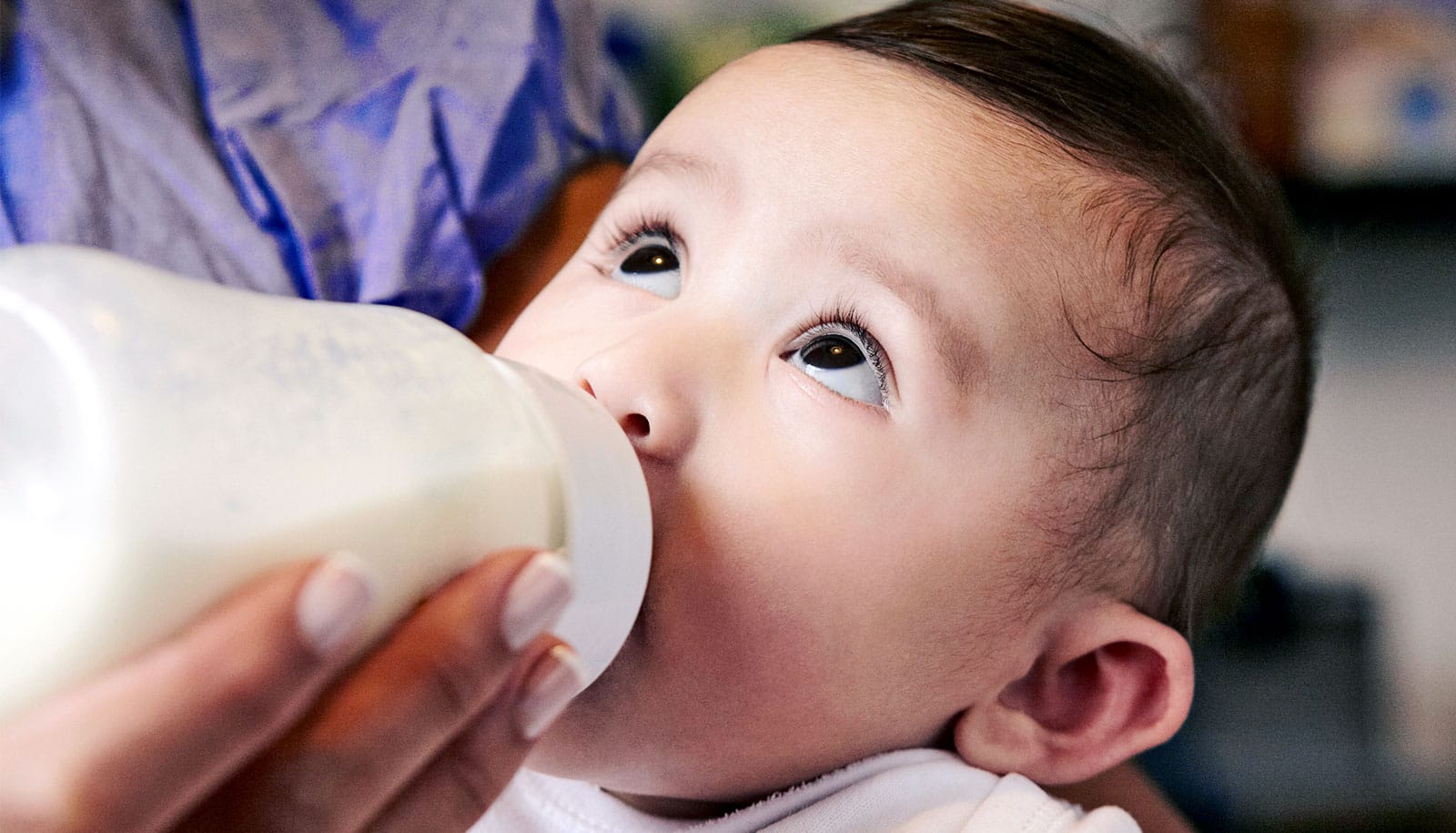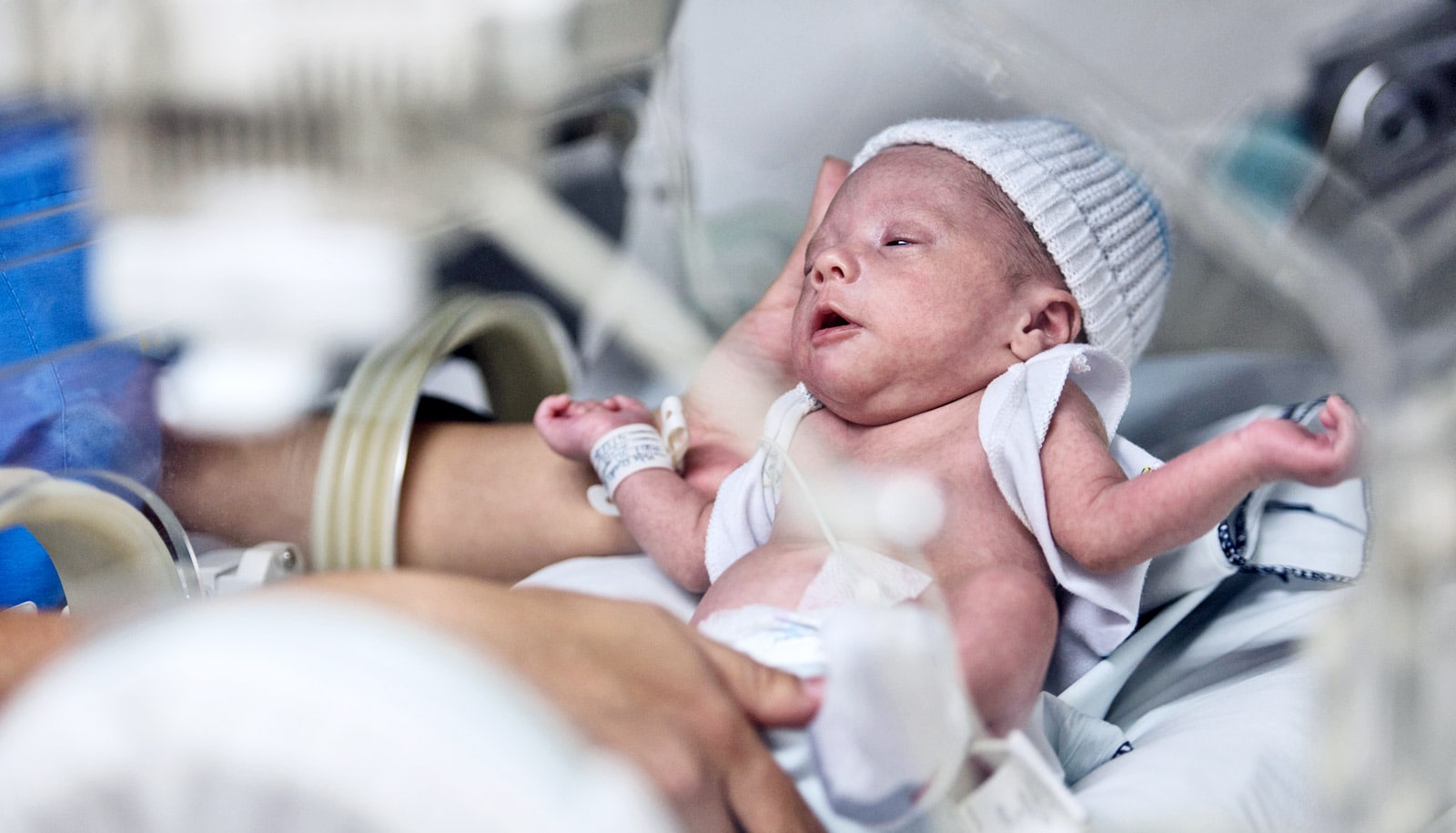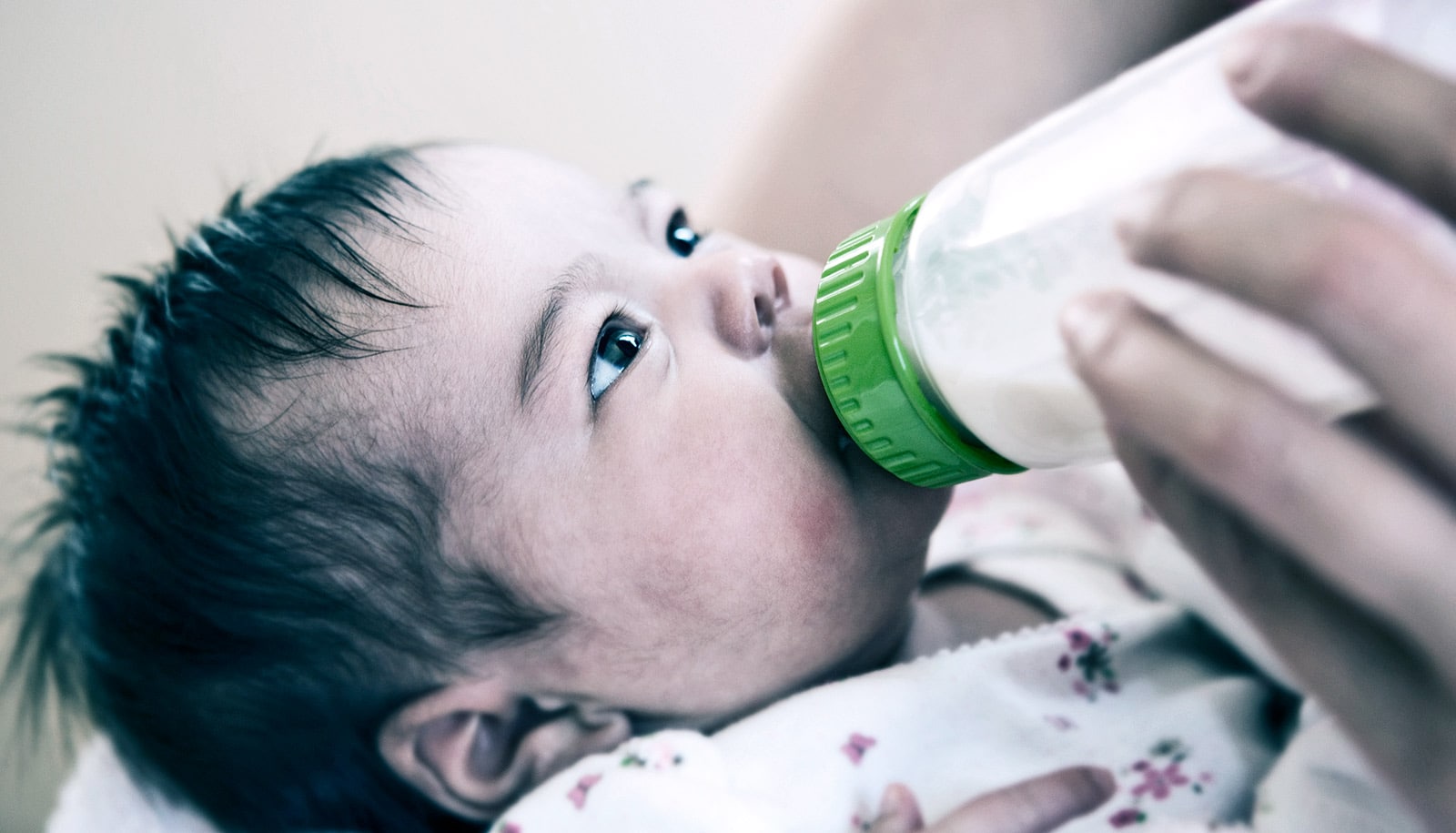Colonizing infants with a specific strain of probiotic gut bacteria called B. infantis EVC001 reduces intestinal inflammation up to 55-fold compared to infants receiving breast milk only, researchers report.
Previous studies have shown that Bifidobacterium longum infantis (B. infantis), a strain of bacteria naturally residing in the infant gut, has been nearly eliminated in infants born in industrialized countries. This sharp decrease in B. infantis is believed to be due to modern health practices such as increased antibiotics use, formula feeding, and C-section deliveries.
The researchers of the study hypothesize that the lack of B. infantis in the gut may be at the root of the recent rise in autoimmune conditions.
“If the absence of B. infantis has played a role in the rise in inflammation-related diseases, reintroducing it early in life could significantly reduce the occurrence of some of these conditions,” says coauthor Mark Underwood, professor of pediatrics and chief of neonatology at the Children’s Hospital at the University of Califorina, Davis.
The study looked at 37 families of bacteria commonly found in the infant gut, including families that contain bacterial strains sold as health supplements. Bifidobacteriaceae was the only gut bacterial family researchers found was correlated with a significant reduction in key markers of inflammation.
Health care providers look for signs of intestinal inflammation by measuring key markers such as cytokines, calprotectin, and endotoxin. The study showed that infants who received B. infantis EVC001 produced significantly lower levels of these three markers, compared to infants in the control group.
The babies colonized by B. infantis EVC001 showed a significant reduction in pro-inflammatory cytokines—peptides associated with increased intestinal permeability, a condition that may influence the development of Type 1 diabetes.
Infants with low Bifidobacterium showed levels of fecal calprotectin—a protein released during intestinal inflammation—similar to those shown to cause twice the risk of asthma and atopic dermatitis in term infants. Babies with higher Bifidobacterium abundance had lower levels of fecal calprotectin.
Finally, infants with high levels of Bifidobacterium showed a four-fold lower concentration of fecal endotoxin, which drives TLR4-based inflammation—a key factor in the onset of necrotizing enterocolitis (NEC), a common intestinal condition among very preterm newborns that is often fatal.
Researchers found the reduction in inflammation persisted when they measured it 30 days after the last B. infantis EVC001 feeding. This indicates that this bacterial strain may be unique in its ability to colonize the gut for an ongoing protective effect.
The study appears in Pediatric Research.
Collaborators on the study include researchers from Evolve Biosystems Inc, University of Nebraska, and UC Davis Health.
Source: UC Davis



